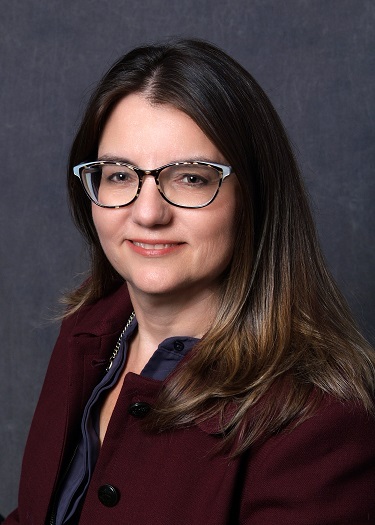Will New Jersey Medicaid Pay for Home Care?

The good news is that Medicaid does pay for home care under both traditional Medicaid and the MLTSS (Managed Long Term Services and Supports) Program. However, the bad news is that the level of care provided is unworkable for many beneficiaries. Many of our clients have found that despite their desire to remain at home, they end up needing to move to a facility to get the care they need. New Jersey launched the MLTSS program in order to encourage beneficiaries to remain at home and to provide the services they need to do so. But the shortcomings in the program have kept it from meeting its objectives.
The New Jersey chapter of NAELA (National Academy of Elder Law Attorneys) has written to the state outlining a number of improvements that the MLTSS program needs in order to meet its goal of allowing more beneficiaries to remain at home. Perhaps the most important change would be to create a minimum benefit of eight hours a day, seven days a week. Since beneficiaries under the MLTSS program have been determined to require a nursing home level of care, it only makes sense that they require full-time care daily. Currently thought, most beneficiaries receive 40 hours or less of weekly care through the program. This is insufficient to allow spouses or family caregivers to work outside the home. It is clearly unworkable for beneficiaries who live alone or whose spouses cannot provide hands-on care. For medically complex patients, there should be no arbitrary maximums in hours. Care provided should be determined by actual need, not predetermined limits. In addition, families that attempt to supplement a beneficiary’s care with private funds or family caregivers often find the Medicaid hours reduced or even terminated. There should be no such penalty for supplementing Medicaid coverage.
Back-up planning is a major missing piece of the puzzle for MLTSS benefits. If aides are sick or just don’t show up, it is essential to have is back-up available. This has been a real shortcoming in the program so far. Without adequate back-up, beneficiaries cannot rely on MLTSS to meet their care needs. In addition, individuals who do not live near public transportation have had a particularly difficult time getting aide coverage. NAELA has recommended that paying for caregiver transportation is an essential benefit when public transportation is inaccessible.
These changes, along with others recommended by NJ NAELA will allow MLTSS to better service enrollees and meet its goal of providing Medicaid beneficiaries the care they need in the environment they desire.
If you have any questions about this post or any other related matters, please feel free to email me at ssiegel@norris-law.com.




